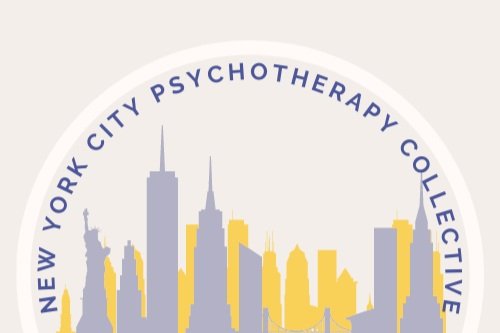As therapists in New York City, we’ve noticed that the fear of and coping with loneliness over the summer seems to be a consistent trend for our college-aged clients, especially as the spring semester comes to an end. This experience seems to be especially difficult for the students who are staying on their college campuses over the summer while their friends head home to their families or are living elsewhere for the summer. We want you to know that you’re not alone, and we’ve done some research and gathered some tips to help you feel connected and content over the summer holiday.
Loneliness Can Peak During the Summer Months
Loneliness is a common experience for college students in general, but it can be particularly acute during summer break when you’re not connected to your peers through classes, clubs, greek life, etc. So, what can college students do to cope with loneliness during summer break?
Here are some strategies for coping with loneliness that we recommend:
Stay connected with friends:
Just because you're not in school doesn't mean you can't stay in touch with your friends. Thanks to technology, it's easier than ever to stay connected with people even if you're miles apart. Scheduling a weekly time for yourself to give a friend a call, or to have a group Facetime with your besties can really help you stay connected, the in-the-know and fight off that summer loneliness.
Get involved in NYC-based activities:
New York City is home to a wide range of community activities and events, many of which are free or low-cost. Look for opportunities to get involved in things that interest you, whether it's a local sports league, a volunteer organization, or maybe a weekly trivia event that you enjoy attending, it can all help you feel like you have people to spend time with and feel like you have a home in the big city.
Take advantage of resources on your college campus:
Even if you're not on campus during the summer, many colleges and universities offer resources and support for students who are struggling with loneliness or other mental health challenges. Check to see if your school has a virtual counseling center or support group that you can participate in, or reach out to a trusted faculty member or staff member for guidance and support.
Cultivate self-care practices:
Taking care of yourself is important for both your physical and mental health, and it can also help you cope with feelings of loneliness. Social media can make us feel like self-care always has to be about face masks and gratitude lists, but sometimes self-care looks like stepping out of your comfort zone, setting boundaries, or taking small steps toward a larger goal. Make a point of practicing self-care every day, whether it's by getting enough sleep, eating nutritious food, or engaging in activities that bring you joy and relaxation. Remember that self-care looks different for everyone, so find the practices that work best for you.
Seek out professional support:
If you're struggling with loneliness or other mental health challenges during summer break, don't hesitate to seek out the support of a therapist. A therapist can help you explore your feelings and develop coping strategies that work for you. Speaking with someone weekly can also help you feel seen and heard when loneliness is creeping in. They can also provide a supportive and non-judgmental space where you can talk about your experiences and work through any challenges you're facing.
We Work With a Wide Range of Mental Health Challenges
At the New York City Psychotherapy Collective, we work with college students who are struggling with a range of mental health challenges, including loneliness, anxiety, depression, and overall life changes. We understand that it can be difficult to reach out for help, especially if you're feeling isolated or disconnected from others, or feeling like your problems aren’t significant enough for therapy. That's why we offer a safe and confidential space where you can talk about your experiences and work through any challenges you're facing without judgment.
Ready to Begin Therapy for Anxiety, Depression, and Beyond in NYC?
Whether you're struggling with loneliness, anxiety, depression, or other mental health challenges, we're here to support you. Reach out to our skilled team of therapists at the New York City Psychotherapists to schedule your free 15-minute consultation with a therapist that can help you feel your best all summer long.
Follow the steps below to get started:
Click here to share some information about you so that we can match you with the perfect therapist for your needs.
Have a low-pressure, 20-minute call with your therapist to make sure they are the right fit.
Schedule your first session and start on your journey to feeling better right away.
We offer specialized services for related issues like Anxiety, Depression, LGBTQ Affirming Therapy, and Therapy Specifically for Young Adults. We can help you feel less overwhelmed, more relaxed, and more like the self you want to be.





